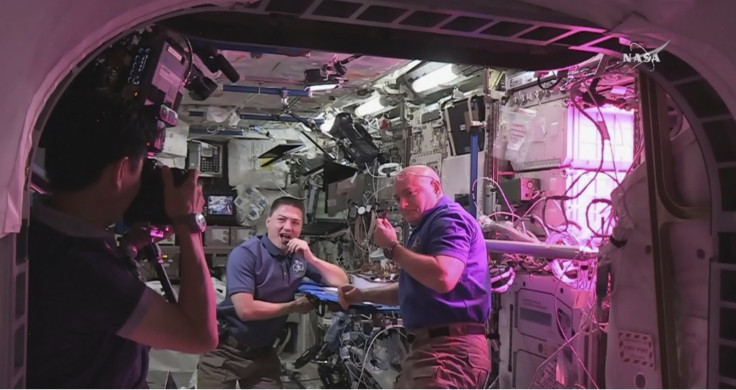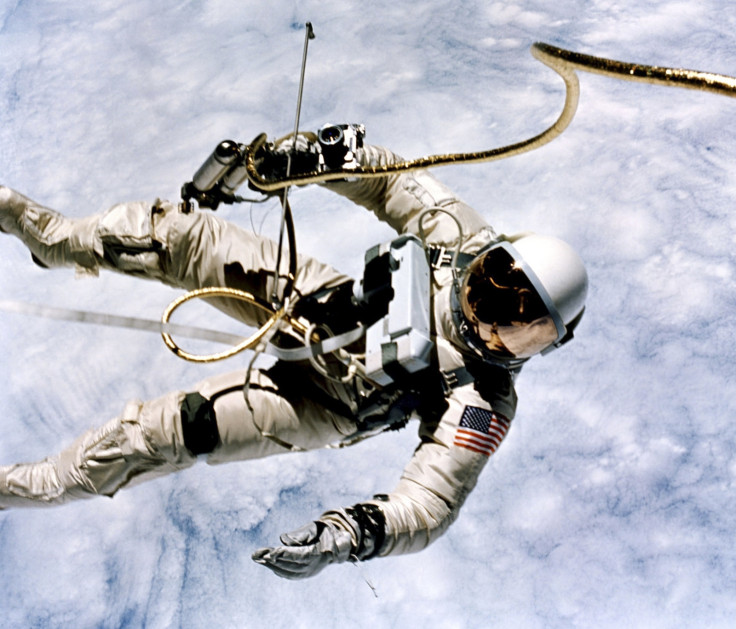Nasa funding research to turn poop into synthetic food for astronauts

Nasa is bidding to convert human excreta into synthetic food that astronauts can eat. The US space agency has awarded a grant, worth $200,000 a year, to a team of bio-engineers and chemists at Clemson University in South Carolina to come up with a method in up to three years. The mission, if successful, could help astronauts sustain themselves on long space missions such as those to Mars, Venus and Uranus.
"A particular strain of yeast can be genetically manipulated to create polymers, or plastics, used for 3D printing, as well as Omega 3s, which lower heart disease risk, and protect skin and hair," Mark Blenner, a professor at Clemson, was quoted as saying in Quartz.

Another waste product of the astronaut's urine that has nitrogen in abundance would be used to create yeast and eventually to transform poop into man's supper.
"Technology drives exploration, and investments in these technologies and technologists are essential to ensure Nasa and the nation have the capabilities necessary to meet the challenges we will face as we journey to Mars," Steve Jurczyk, one of Nasa's associate administrators, said in a statement.
According to Nasa, "This research, in addition to helping astronauts, will also prove to be useful once we live in a post-apocalyptic water-world situation in 20 years or so." The space agency, which plans to land humans on Mars by 2030, could use this technology to ensure sustenance on the red planet.
© Copyright IBTimes 2025. All rights reserved.





















